Queuosine, supplied from food and our own gut bacteria, plays a vital role in human health. Researchers have just discovered a key piece of its puzzle.
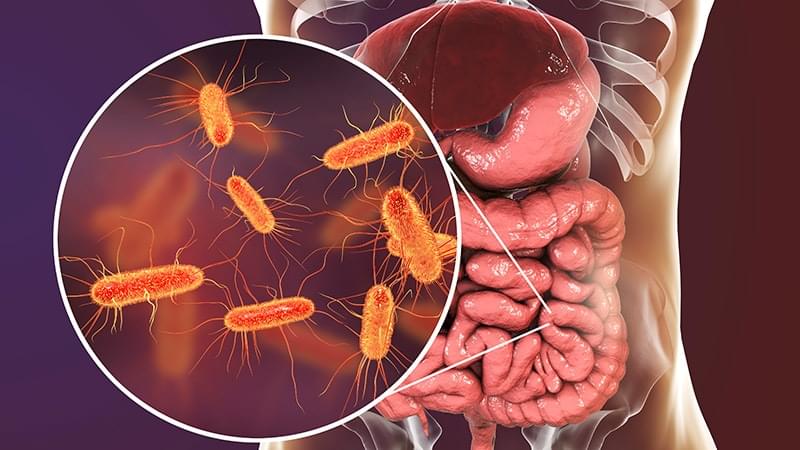

Questions to inspire discussion.
🎯 Q: How should retail investors approach AI and robotics opportunities? A: Focus on technology leaders like Palantir, Tesla, and Nvidia that demonstrate innovation through speed of introducing revolutionary, scalable products rather than attempting venture capital strategies requiring $1M bets across 100 companies.
💼 Q: What venture capital strategy do elite firms use for AI investments? A: Elite VCs like A16Z (founded by Marc Andreessen) invest $1M each in 100 companies, expecting 1–10 to become trillion-dollar successes that make all other bets profitable.
🛡️ Q: Which defense sector companies are disrupting established contractors? A: Companies like Anduril are disrupting the five prime contractors by introducing innovative technologies like drones, which have become dominant in recent conflicts due to lack of innovation in the sector.
⚖️ Q: What mindset should investors maintain when evaluating AI opportunities? A: Be a judicious skeptic, balancing optimism with skepticism to avoid getting carried away by hype and marketing, which is undervalued but crucial for informed investment decisions.
Tesla’s Competitive Advantages.
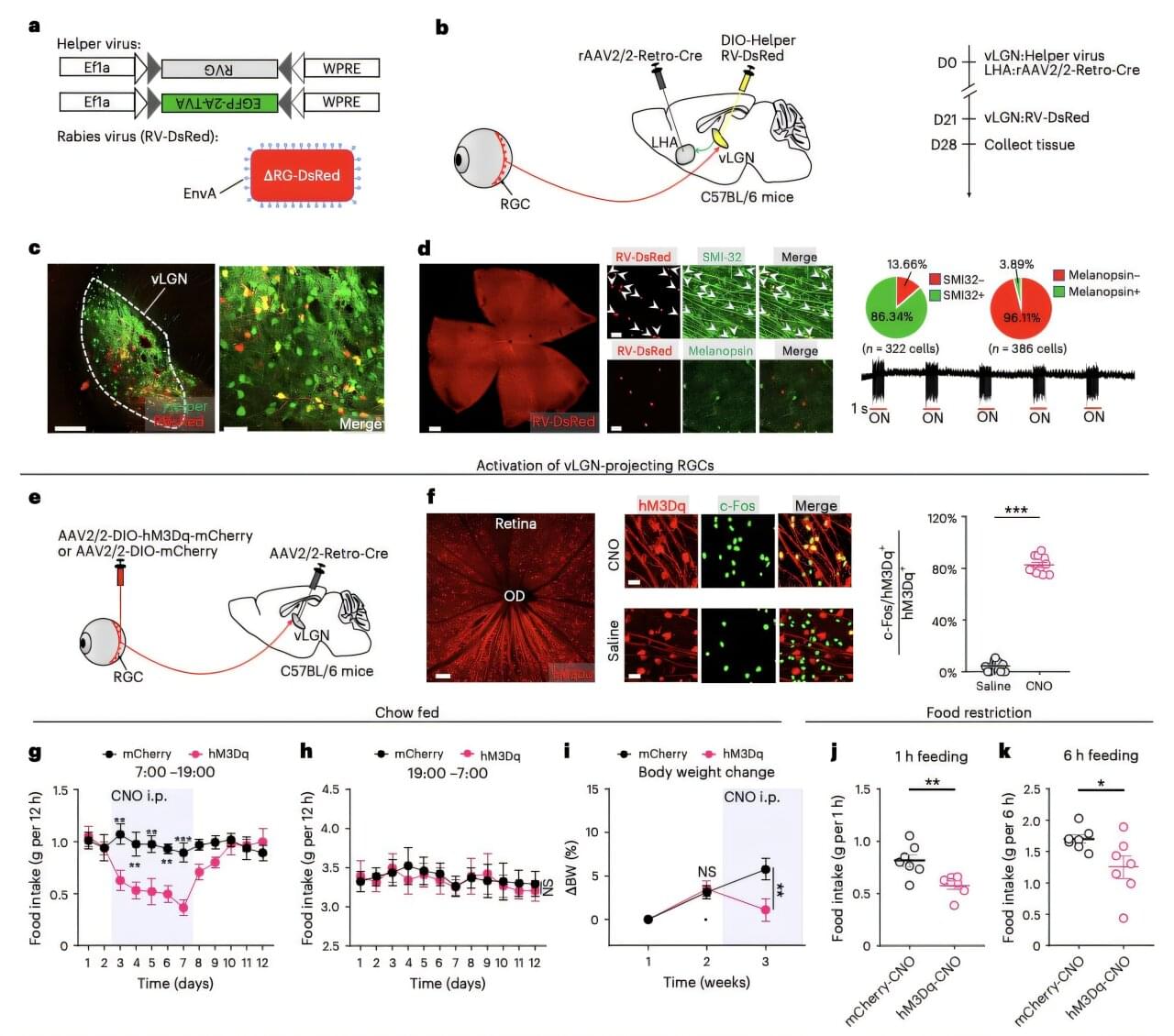
Past research has found that exposure to bright lights and high levels of noise can alter both physiological processes and human behavior. For instance, an elevated or limited exposure to bright lights and noise has been found to influence people’s sleeping patterns, circadian rhythm, mood, metabolism, stress levels and mental performance.
Researchers at Jinan University and other institutes in China recently carried out a new study involving mice, exploring the possibility that the exposure to bright lights also influences eating behavior and body weight. Their findings, published in Nature Neuroscience, suggest that bright light exposure suppresses food consumption in mice and can lead to weight loss, while also identifying neural processes that could support these light-induced changes in feeding behavior.
“Environmental light regulates nonimage-forming functions like feeding, and bright light therapy shows anti-obesity potential, yet its neural basis remains unclear,” wrote Wen Li, Xiaodan Huang and their colleagues in their paper. “We show that bright light treatment effectively reduces food intake and mitigates weight gain in mice through a visual circuit involving the lateral hypothalamic area (LHA).”
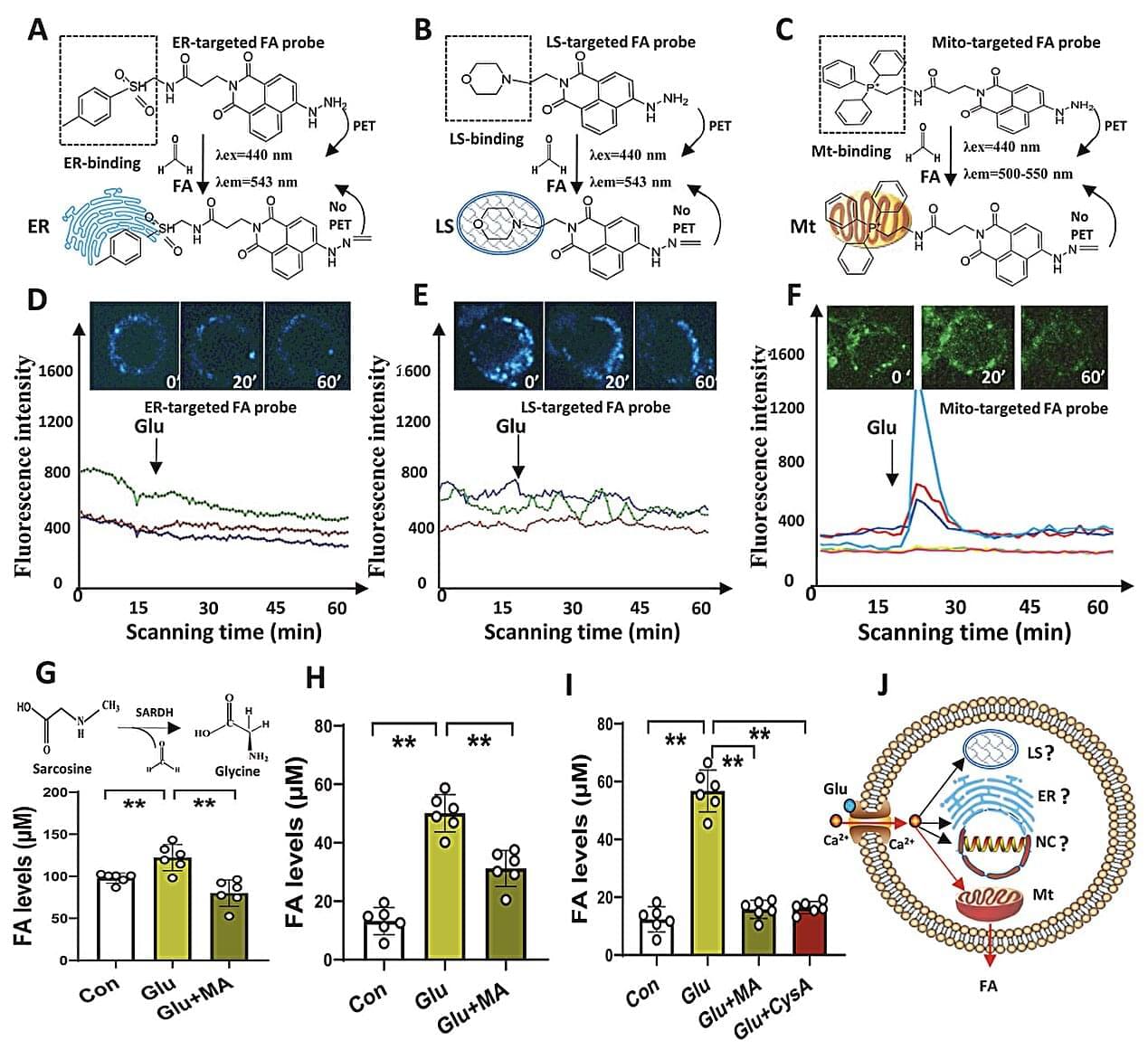
Depression, one of the most prevalent mental health disorders worldwide, is characterized by persistent feelings of sadness, impaired daily functioning and a loss of interest in daily activities, often along with altered sleeping and eating patterns. Past research findings suggest that stress can play a key role in the emergence of depressive symptoms, yet the biological processes via which it might increase the risk of depression remain poorly understood.
Researchers at Wenzhou Medical University, Capital Medical University and other institutes in China recently carried out a study investigating the biological processes that could link stress to the onset of depression. Their results, published in Molecular Psychiatry, suggest that stress influences the levels of a chemical known as formaldehyde (FA) in specific parts of the brain, which could in turn disrupt their normal functioning, contributing to the emergence of depression.
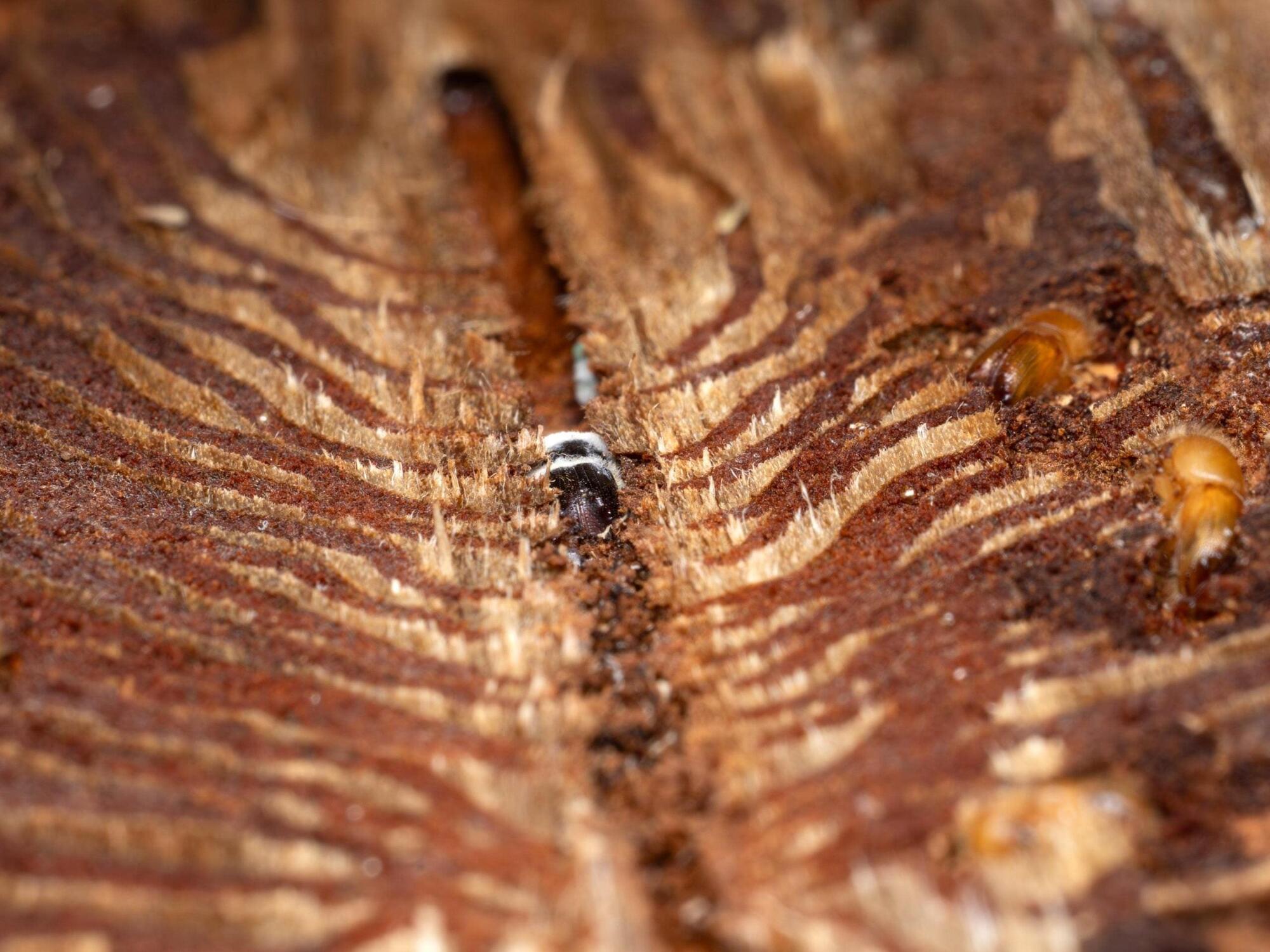
Spruce bark beetles hijack their host tree’s chemical defenses, transforming them into potent weapons against fungal threats. But a fungus has evolved a way to deactivate those defenses, tipping the balance back in the tree’s favor.
Spruce trees are packed with phenolic compounds, natural chemicals that help protect them from harmful fungi. Scientists at the Max Planck Institute for Chemical Ecology in Jena set out to understand how these defenses move through the forest food web. Their focus was the spruce bark beetle (Ips typographus), an insect that consumes these compounds while feeding on tree tissue. The researchers asked an intriguing question: could the beetles reuse the tree’s own chemical defenses to protect themselves from fungal infections?
Bark beetles strengthen tree defenses for their own use.
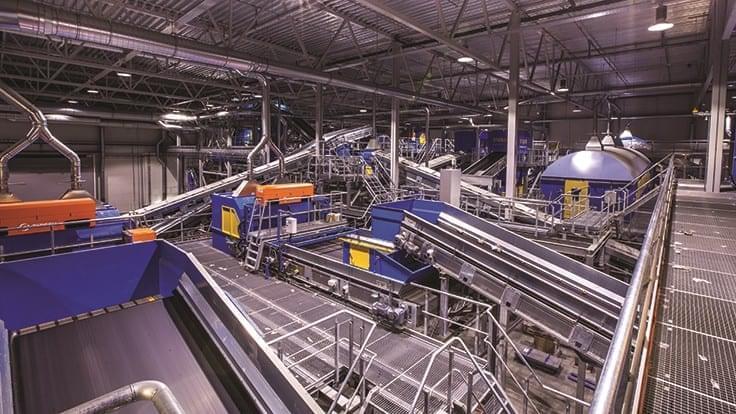
When fully automated waste and recycling facilities were just a concept in the industry, Norwegian municipal solid waste (MSW) hauling company Romerike Avfallsforedling (RoAF) turned the concept into a reality.
Powered by a sorting system installed by Germany-based Stadler Anlagenbau GmbH, RoAF opened the world’s first fully automated mixed waste processing facility in 2016 in the village of Skedsmokorset, just outside of Oslo, to help meet the needs of Norwegian municipalities that were facing high labor costs. While the concept was three years in the making, Stadler needed just three months to complete construction of the facility.
RoAF collects household and food waste from 10 municipalities in Norway, including Skedsmo, which boasts a population of roughly 53,000 people. When waste arrives at the automated plant, it’s first fed onto a conveyor, which delivers the waste into the sorting plant.
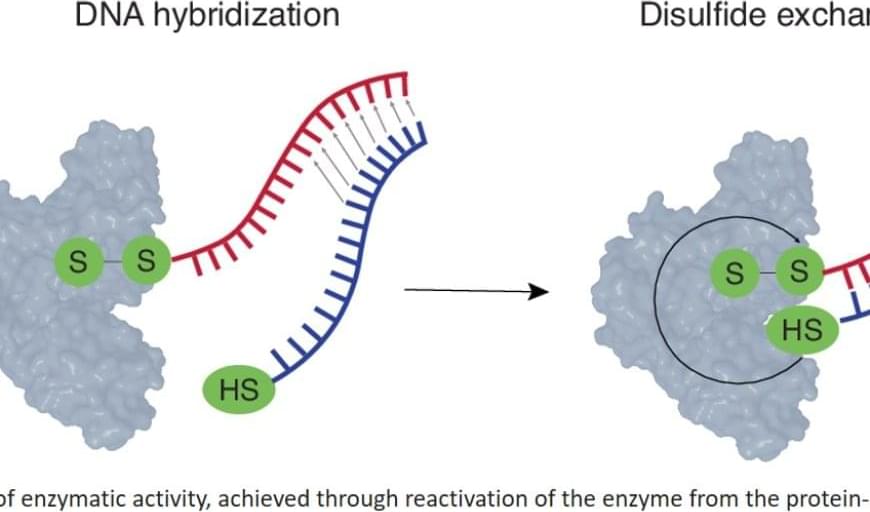
Imagine a container of tomatoes arriving at the container terminal in Aarhus. The papers state that the tomatoes are from Spain, but in reality, we have no way of knowing if that is true.
That is, unless we take a sample and have it analyzed in a laboratory, where scientists use DNA markers to determine whether the tomato is Spanish, South American or Chinese. This is both time-consuming and expensive.
But thanks to a scientific breakthrough, we will be able to examine tomatoes a lot quicker and cheaper, using special light producing proteins and our phones camera. Not right now, but in the near future.
The results were recently published in the journal Nature Communications.
“We have figured out how to instruct the proteins to generate light when specific DNA sequences appear. This could be used, as in the example with the tomatoes, but could also be useful in the healthcare sector, agriculture, or the pharmaceutical industry to analyze samples easily and cheaply,” the senior author explains.
The authors did this via “thiol switching”, using thiolated oligonucleotides: a protein is inactivated by conjugation to an oligonucleotide via a disulfide linkage; hybridization of the thiolated complementary oligonucleotide ensues disulfide exchange, the liberation of the enzyme, and the activation of enzymatic catalysis. In doing so, the researchers couple the most specific recognition event (hybridization) to the most effective tool of signal amplification (catalysis).
“Our primary goal is to control the activity of molecules in space and time, inside and outside of the cell. Specifically we focus on enzymes that can create ATP, which is the cell’s fuel, and polymerases, which the cell uses to build RNA and DNA.”
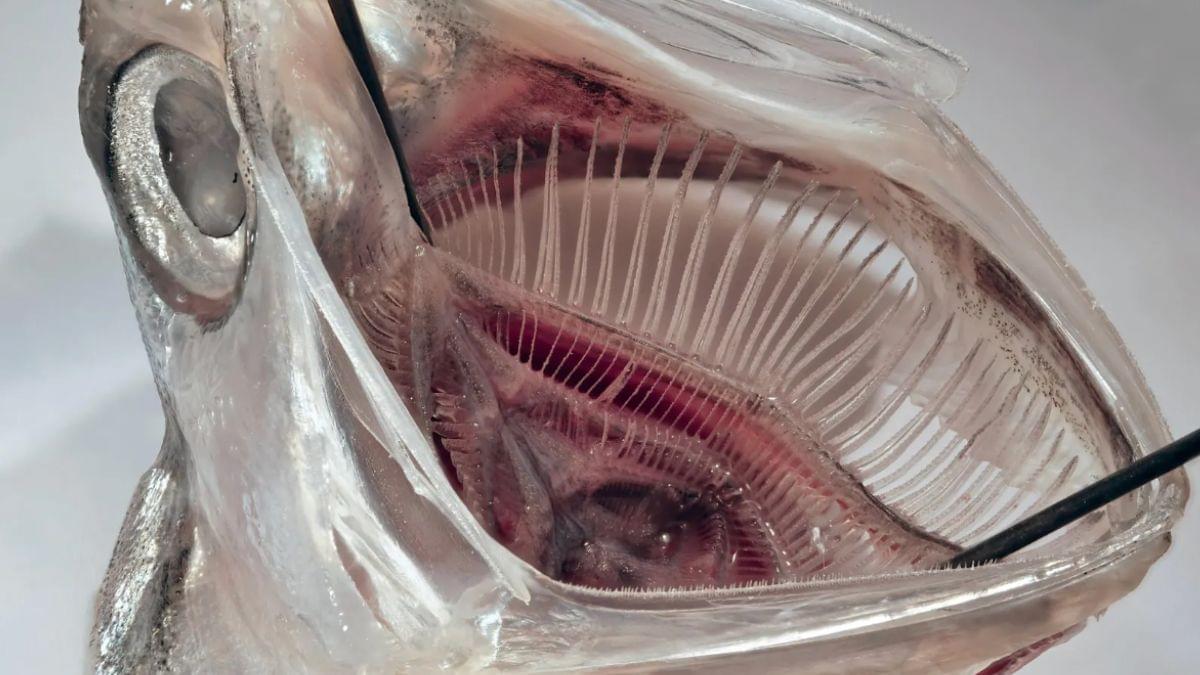
The ancient evolution of fish mouths could help solve a modern source of plastic pollution.
Inspired by these natural filtration systems, scientists in Germany have invented a way to remove 99 percent of plastic particles from water. It’s based on how some fish filter-feed to eat microscopic prey.
The research team has already filed a patent in Germany, and in the future, they hope their creation will help curb a ubiquitous form of plastic pollution that many are unaware of.

Automation and robotics, particularly with the integration of AI, are transforming industries and poised to significantly impact the workforce, but are likely to lead to a reduction in work hours and increased productivity rather than total job destruction.
## Questions to inspire discussion.
Investment & Market Opportunity.
🤖 Q: What is the revenue potential for robotics by 2025? A: ARK Invest projects a $26 trillion global revenue opportunity across household and manufacturing robotics by 2025, driven by convergence of humanoid robots, AI, and computer vision technologies.
💰 Q: How should companies evaluate robot ROI for deployment? A: Robots are worth paying for based on task-specific capabilities delivering 2–10% productivity gains, unlike autonomous vehicles requiring full job performance—Roomba succeeded despite early limitations by being novel and time-saving for specific tasks.
Implementation Strategy.